Lebanon's parliament has elected army commander Joseph Aoun as president, ending a more than two-year vacancy during the country's political and economic crises.
The election comes in the wake of a fragile ceasefire between militant group Hezbollah and Israel. Lebanon is currently seeking international aid for reconstruction after over 1.2 million people were displaced as a result of the turmoil.
Why It Matters
Lebanon's political deadlock has exacerbated an economic collapse. The country has been mired in an unprecedented financial crisis since 2019, with the Lebanese pound losing over 90 percent of its value and millions of citizens plunged into poverty. Efforts to secure a $3 billion bailout package from the International Monetary Fund (IMF) remain stalled due to delays in implementing reforms.
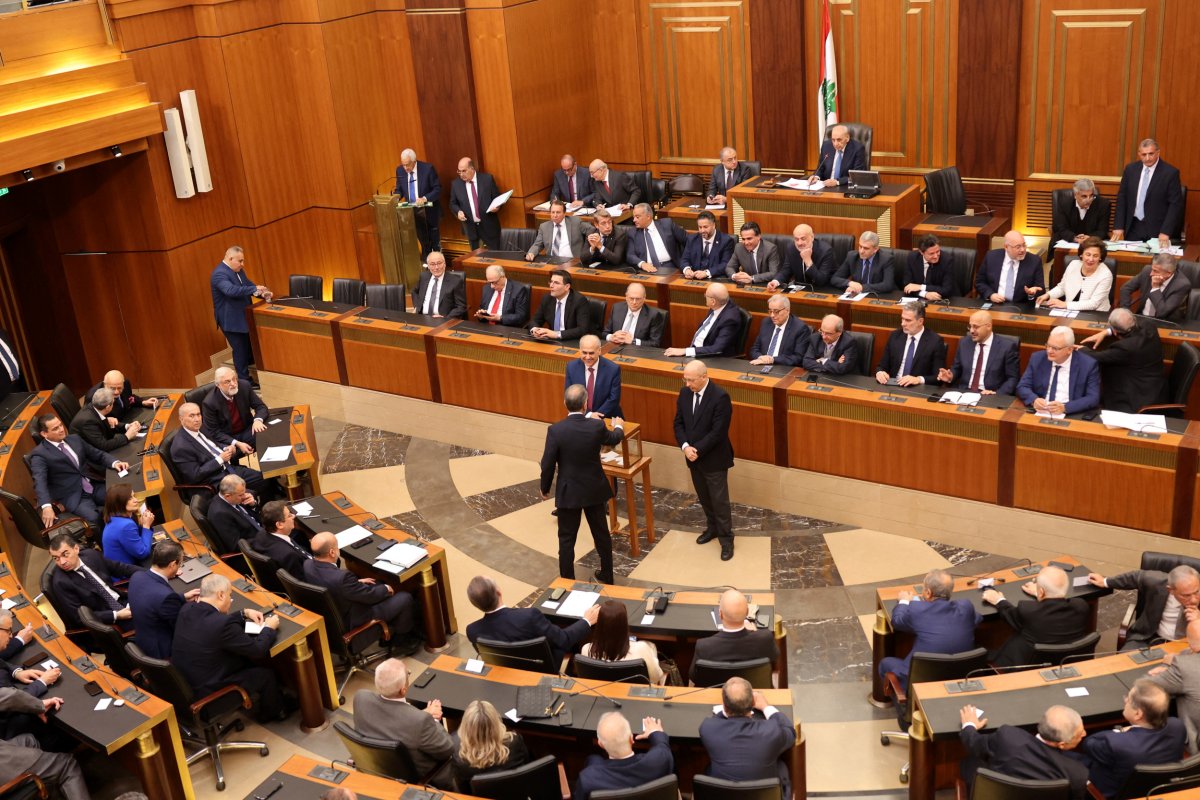
What to Know
Aoun, 60, secured Lebanon's presidency after two rounds of voting in the 128-member parliament, though he avoided formally announcing his candidacy. Despite this, he was widely seen as a preferred choice for Western and Gulf powers.
He received 99 votes in the second round, after falling short of the required two-thirds majority in the first. Other candidates, including former Finance Minister Jihad Azour and General Security head Elias al-Baysari, withdrew before the vote.
The presidency had been vacant since Michel Aoun's (no relation) term ended in October 2022, following 13 failed parliamentary sessions. Under Lebanon's sectarian power-sharing system, the role is reserved for a Maronite Christian, with powers to appoint or remove the prime minister and cabinet.
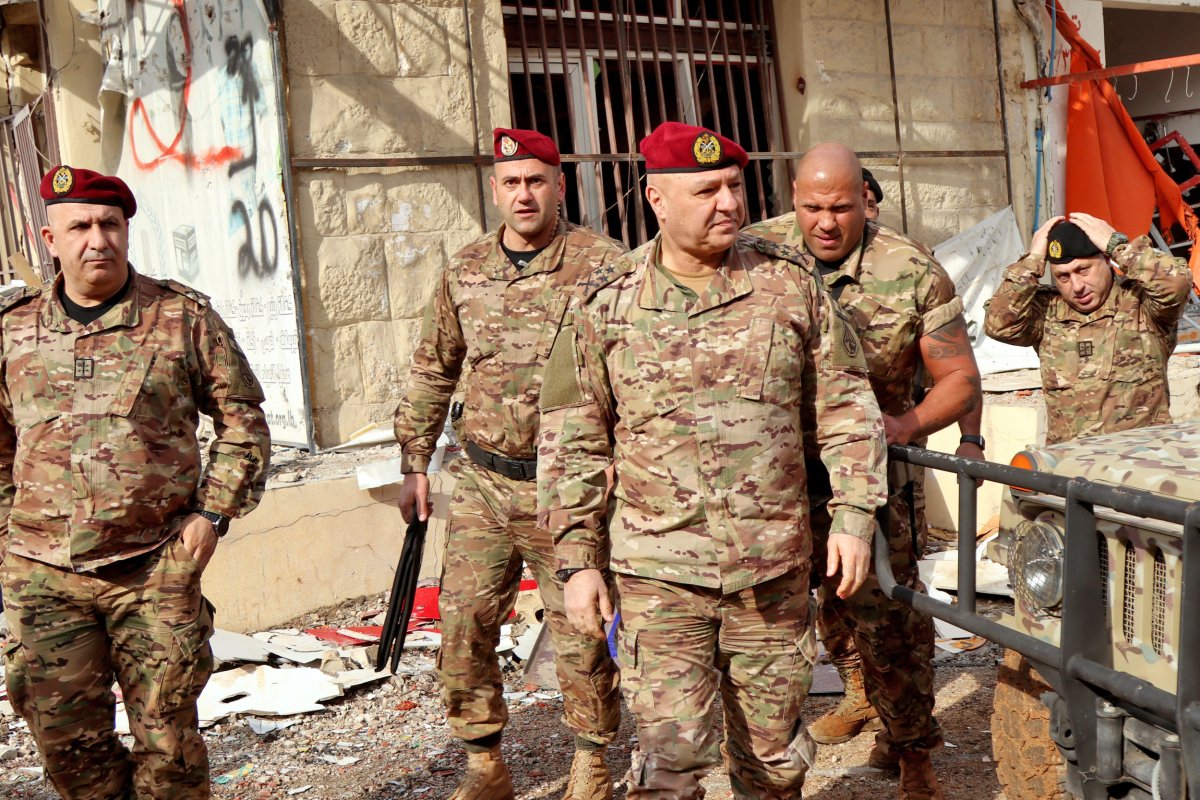
What is Joseph Aoun's Policy on Hezbollah?
Aoun's rise comes amid a complex geopolitical landscape. He has been Lebanon's army chief since 2017, earning a reputation for diplomacy amid the country's political chaos. He avoided formally announcing his candidacy but was widely seen as a preferred choice for Western and Gulf powers.
Hezbollah, weakened by a 14-month war with Israel and the fall of its ally, Syrian President Bashar al-Assad, withdrew support for its initial candidate and endorsed Aoun. This shift successfully cleared the path for his election, positioning him as a candidate with integrity. While Aoun has avoided confronting Hezbollah, he used his victory speech to pledge that weapons should be in the hands of the state alone, which received a standing ovation from the majority, bar those representing the militant group.
As Lebanon's army chief since 2017, Aoun has earned a reputation for diplomacy amid the country's political chaos. Backed by the U.S. and Saudi Arabia, he faces the immediate challenge of addressing Lebanon's financial crisis, which has devastated its economy and plunged millions into poverty.
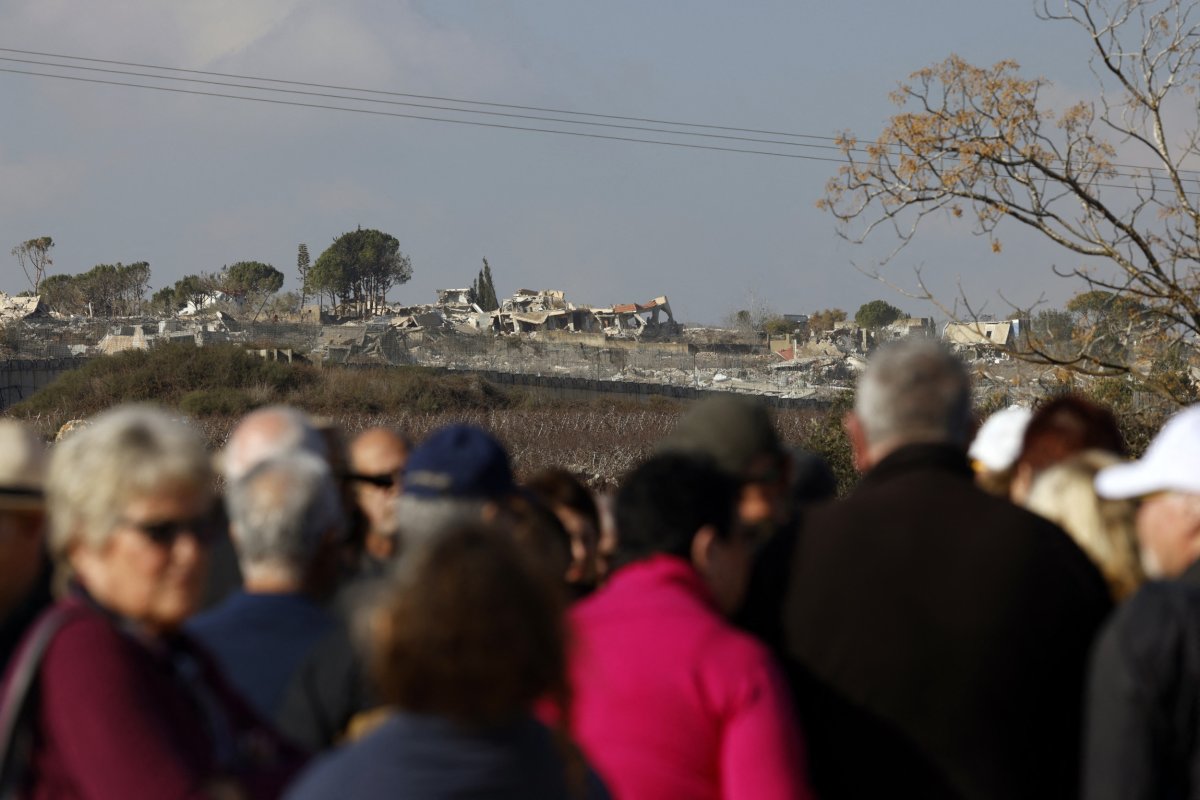
What People Are Saying
Randa Slim, a senior fellow at the Middle East Institute in Washington, D.C., said Hezbollah's diminished strength following its war with Israel and the fall of its ally, Assad, combined with international pressure, set the stage for Thursday's vote.
"The fact that [Aoun] has the backing of Saudi Arabia, the U.S. and the Europeans gives him a big boost in terms of being able to get things done," she said.
However, he will still have to "navigate the contradiction that are inherent in domestic Lebanese politics," she said, including relations with Hezbollah.
What's Next
Aoun's presidency is set to focus on stabilizing Lebanon and advancing economic reforms required for an IMF bailout. His government will also need to implement the ceasefire agreement with Israel, which requires the Lebanese army to dismantle Hezbollah facilities in the south.
This article includes reporting from The Associated Press



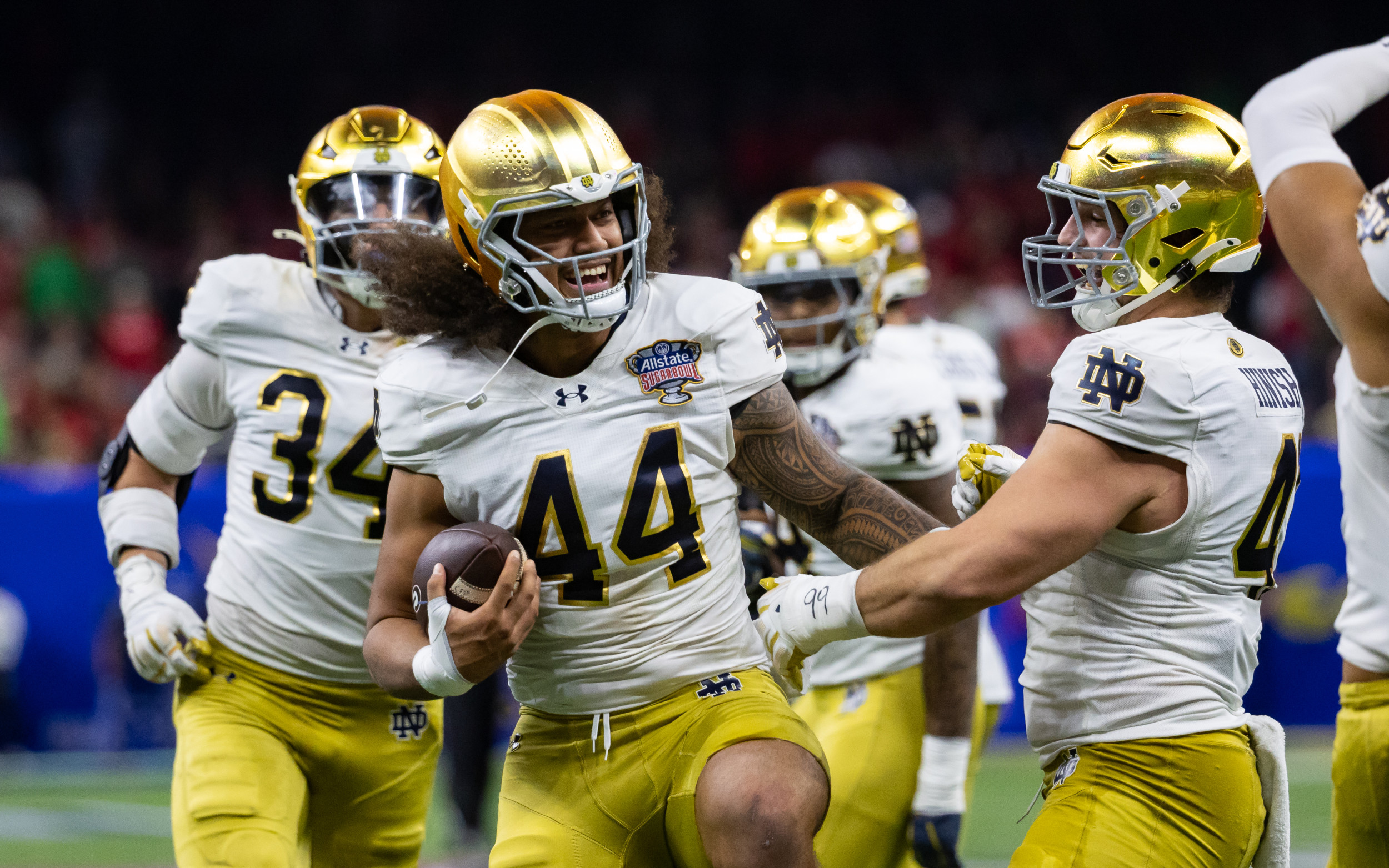
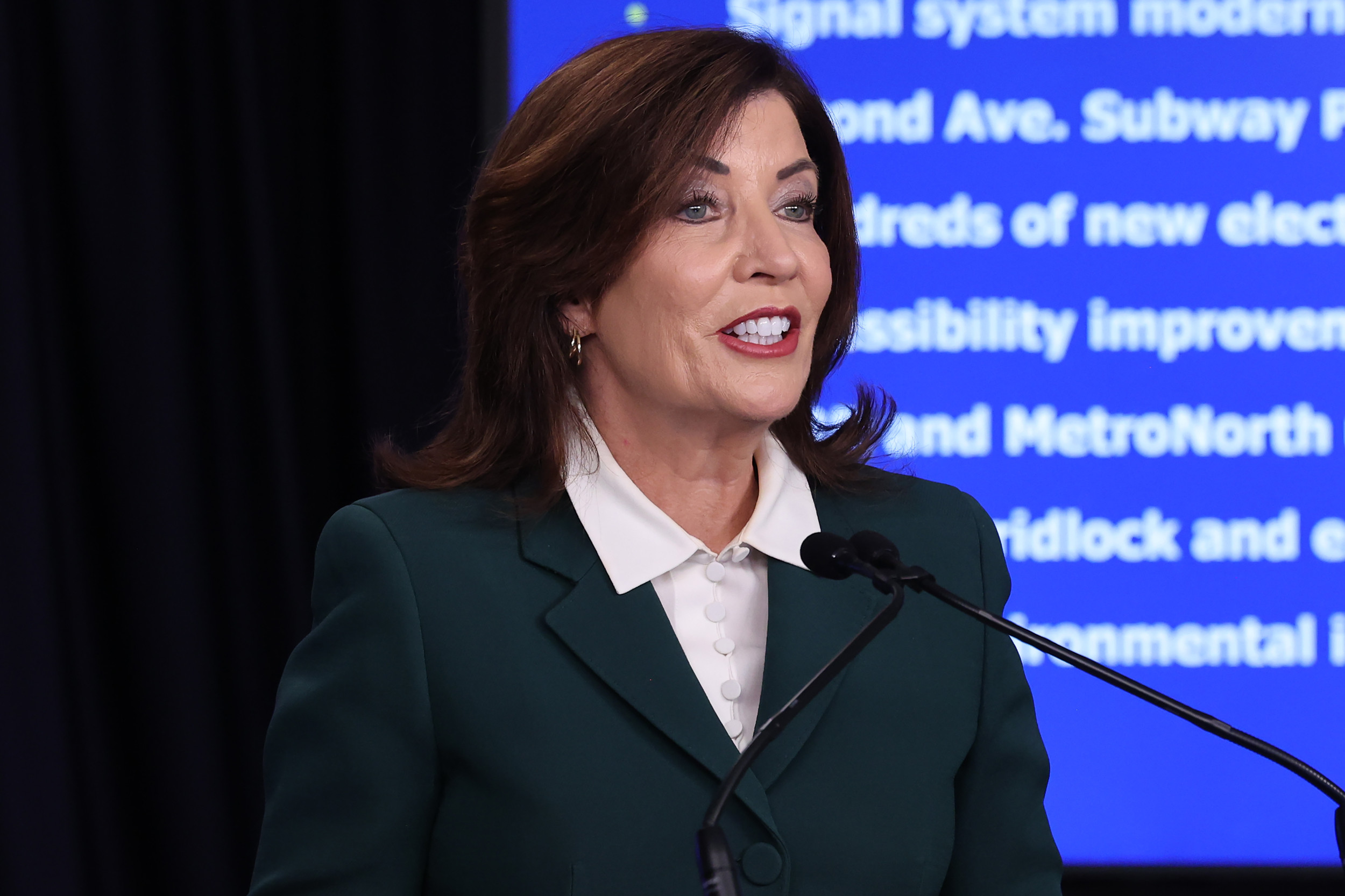

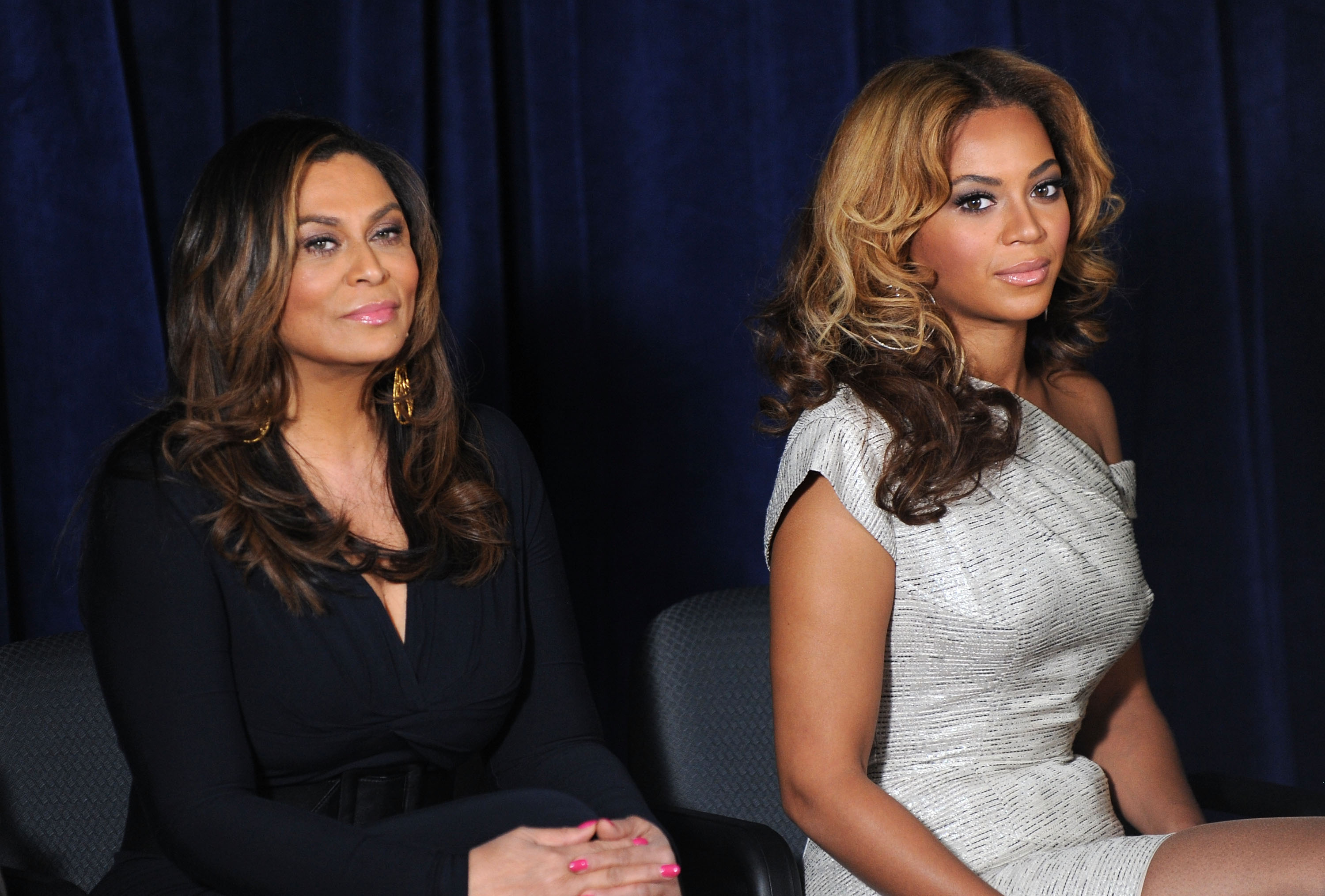













 English (US) ·
English (US) ·